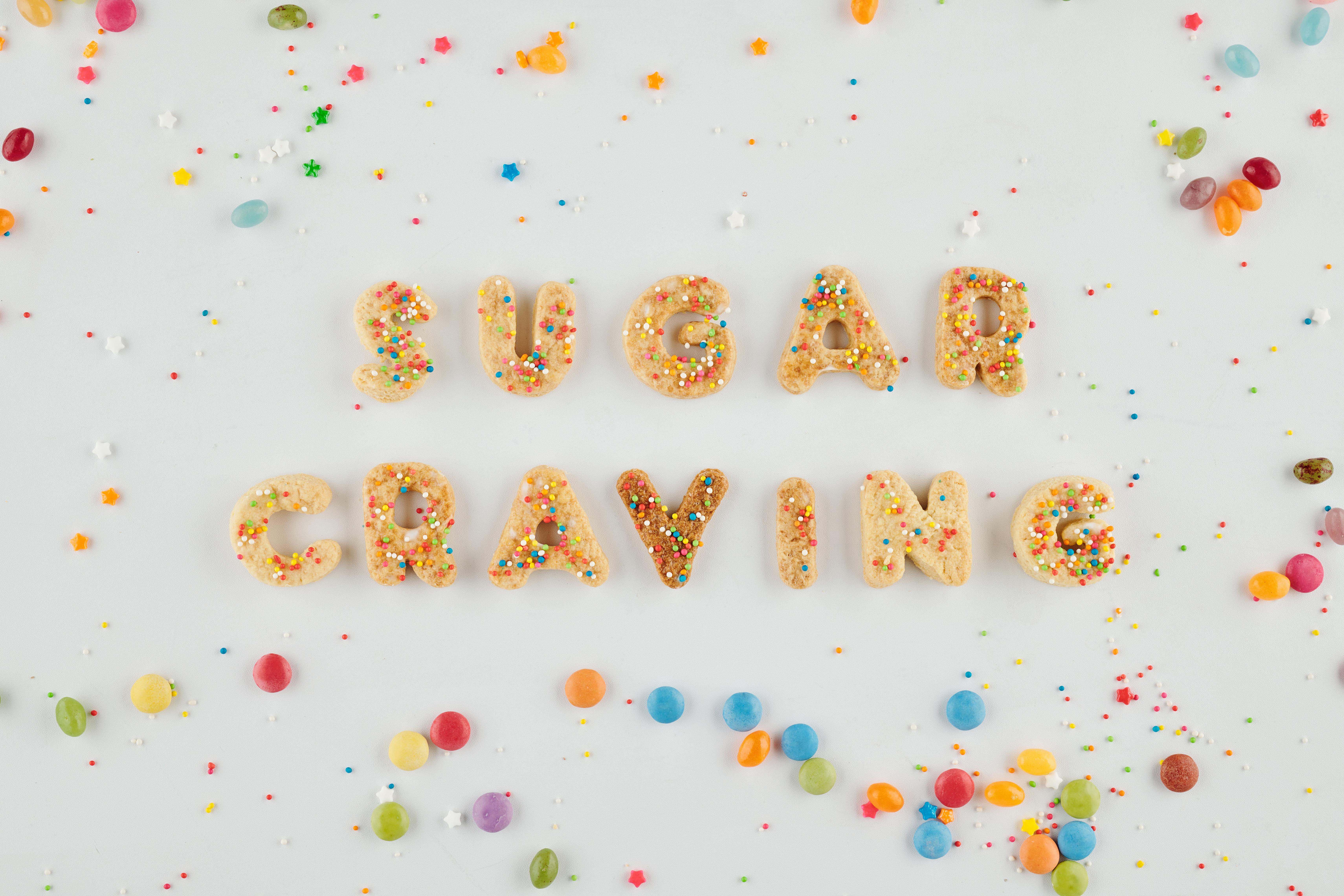9 Reasons Your "Diet" Drink Is Sabotaging Your Health
Sweetness Addiction: A Cycle of Cravings

Artificial sweeteners are significantly sweeter than natural sugars, which can desensitize taste receptors over time. This heightened sweetness can lead to an increased preference for intensely sweet flavors, making naturally sweet foods like fruits less appealing. As a result, individuals may find themselves trapped in a cycle of cravings, constantly seeking out more sweet foods to satisfy their altered taste preferences. This cycle can make it challenging to maintain a balanced diet and may contribute to overeating and weight gain, undermining efforts to manage weight through the use of artificial sweeteners.
Psychological Effects: The Mind's Deception

The use of artificial sweeteners can also have psychological effects, influencing how we perceive food and our eating habits. The promise of a "guilt-free" indulgence may lead to overconsumption, as people justify eating more of a product because it contains fewer calories. This can result in a paradoxical increase in calorie intake, as the perceived absence of consequences encourages less mindful eating. Additionally, relying on artificial sweeteners can hinder the development of healthier eating habits, as individuals may become dependent on these substitutes rather than learning to enjoy and regulate natural sugar intake.
